- Home
- Health Condition
Medicine For Sinusitis
Medicine For Sinusitis
- Total Items (2189)
 RX
RXMontecip LC Junior Tablet 10's
₹106.90
MRP ₹142.50
25% off
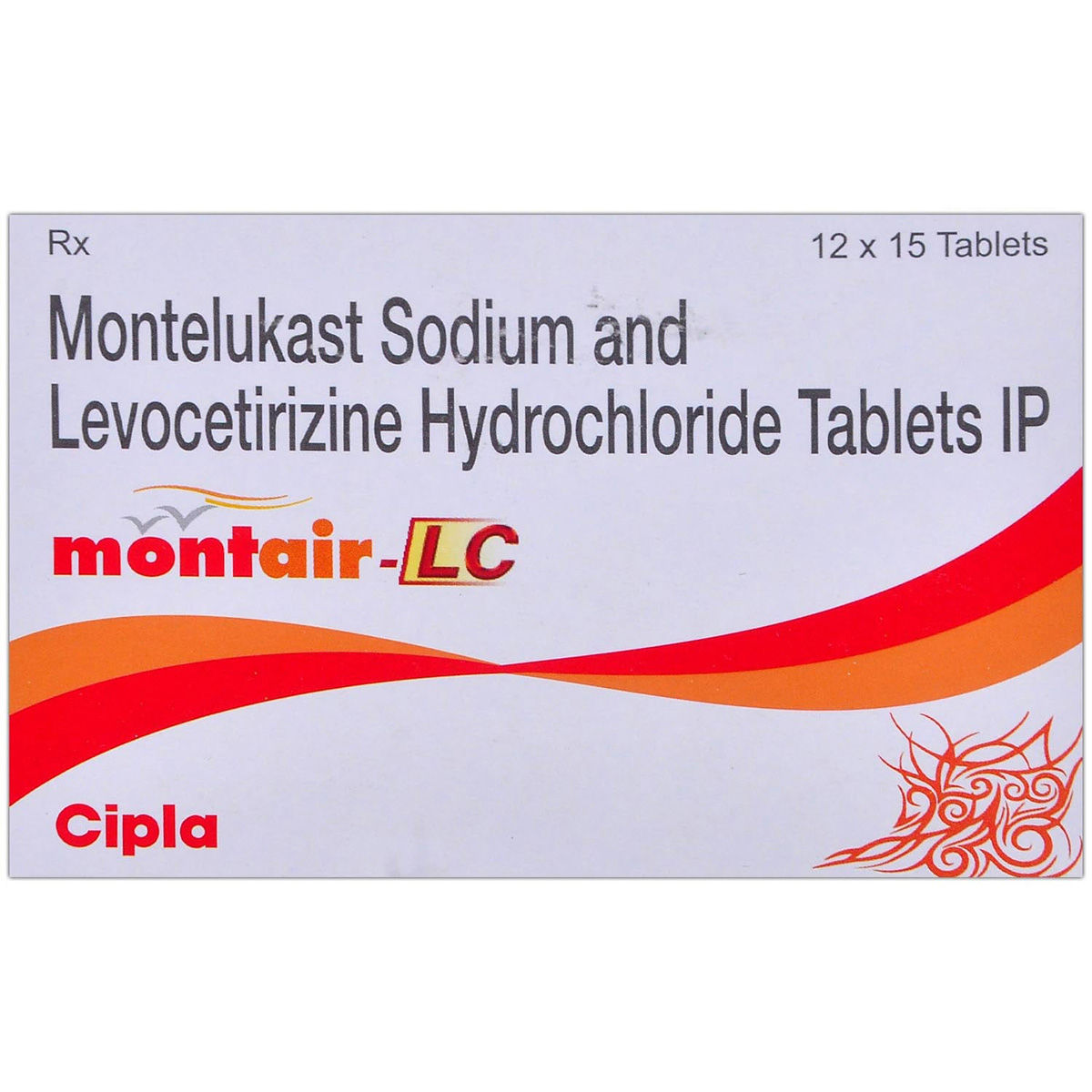 RX
RXMontair-LC Tablet 15's
₹365.90
MRP ₹406.50
10% off
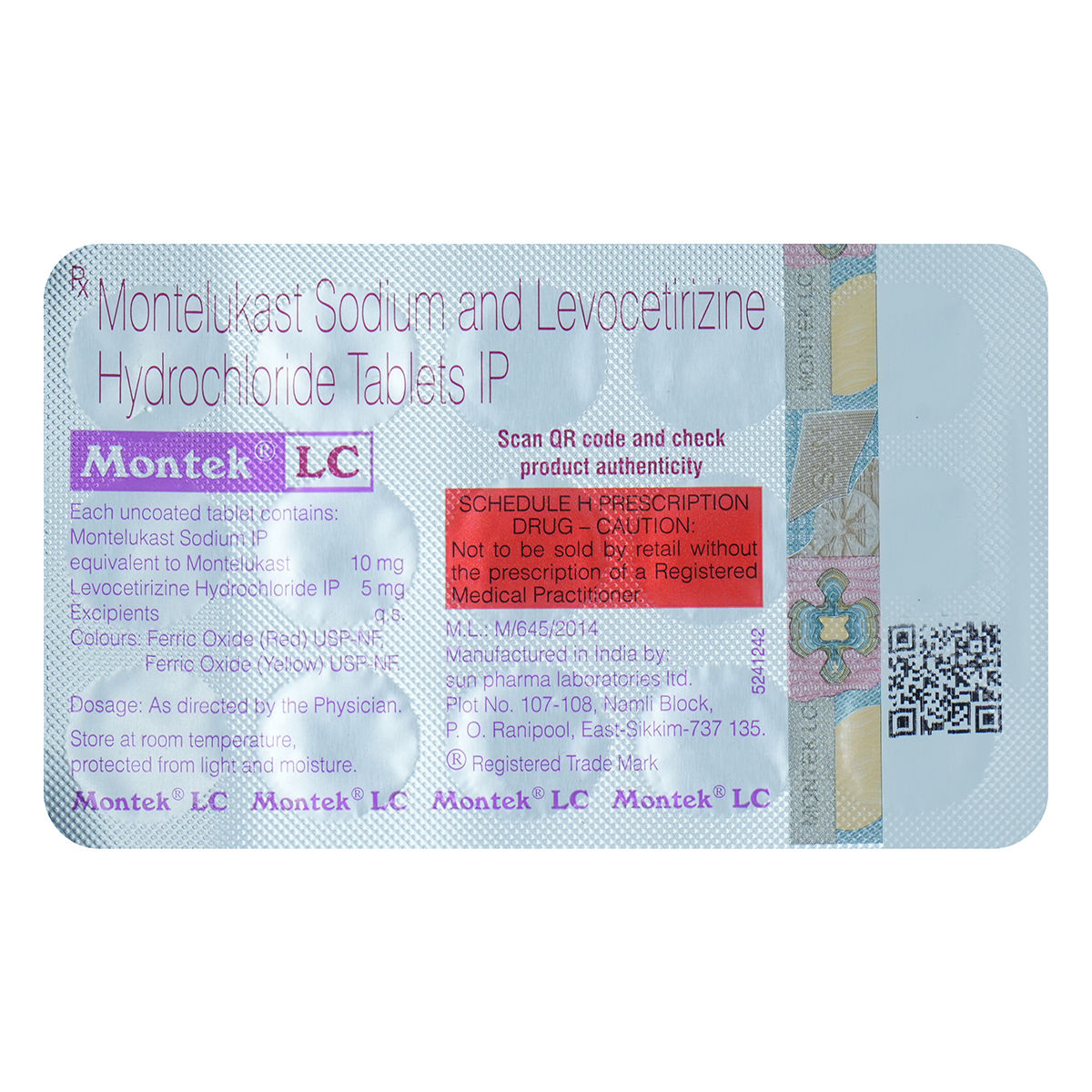 RX
RXMontek LC Tablet 15's
₹335.30
MRP ₹372.50
10% off
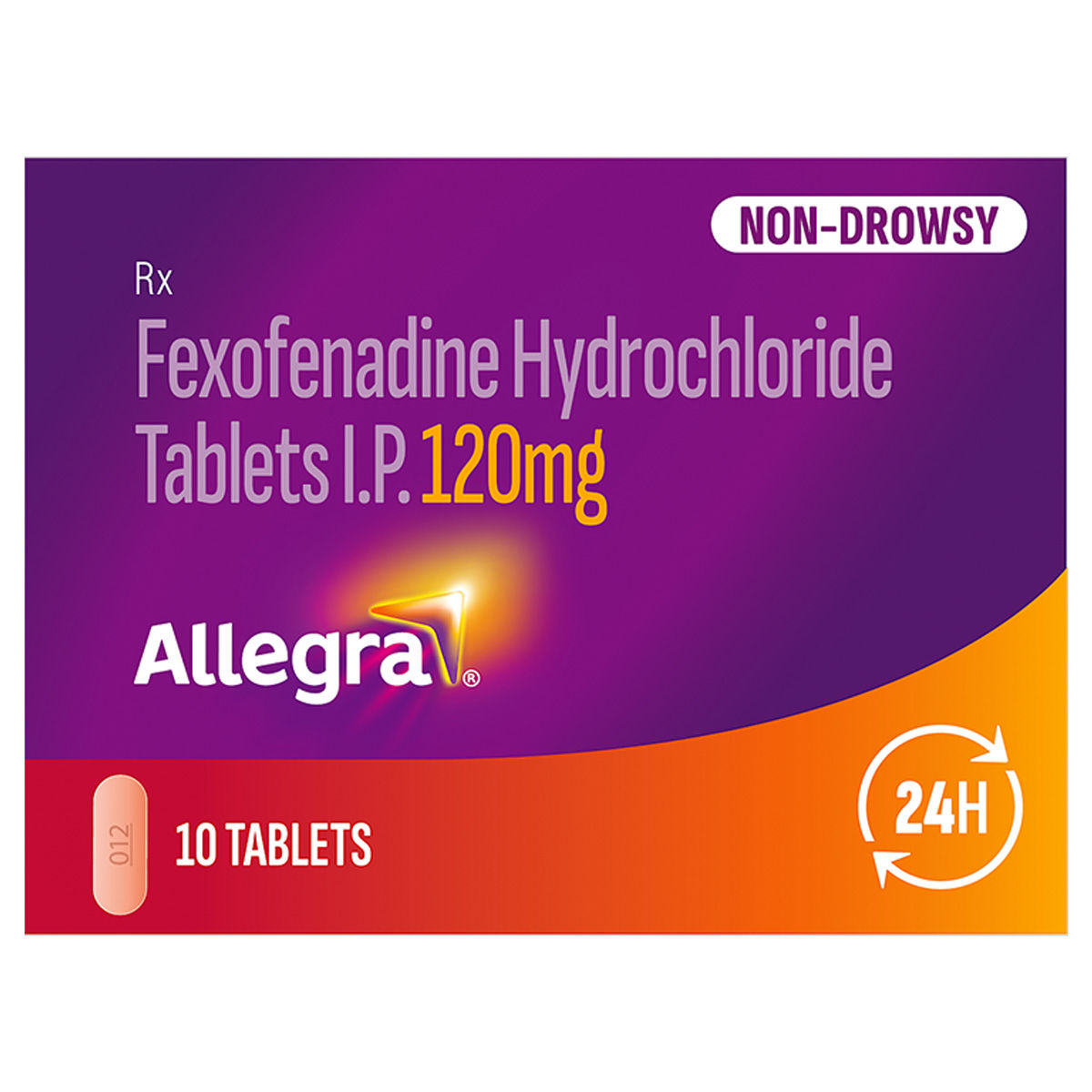 RX
RXAllegra 120 mg Tablet 10's
₹238.10
MRP ₹264.50
10% off
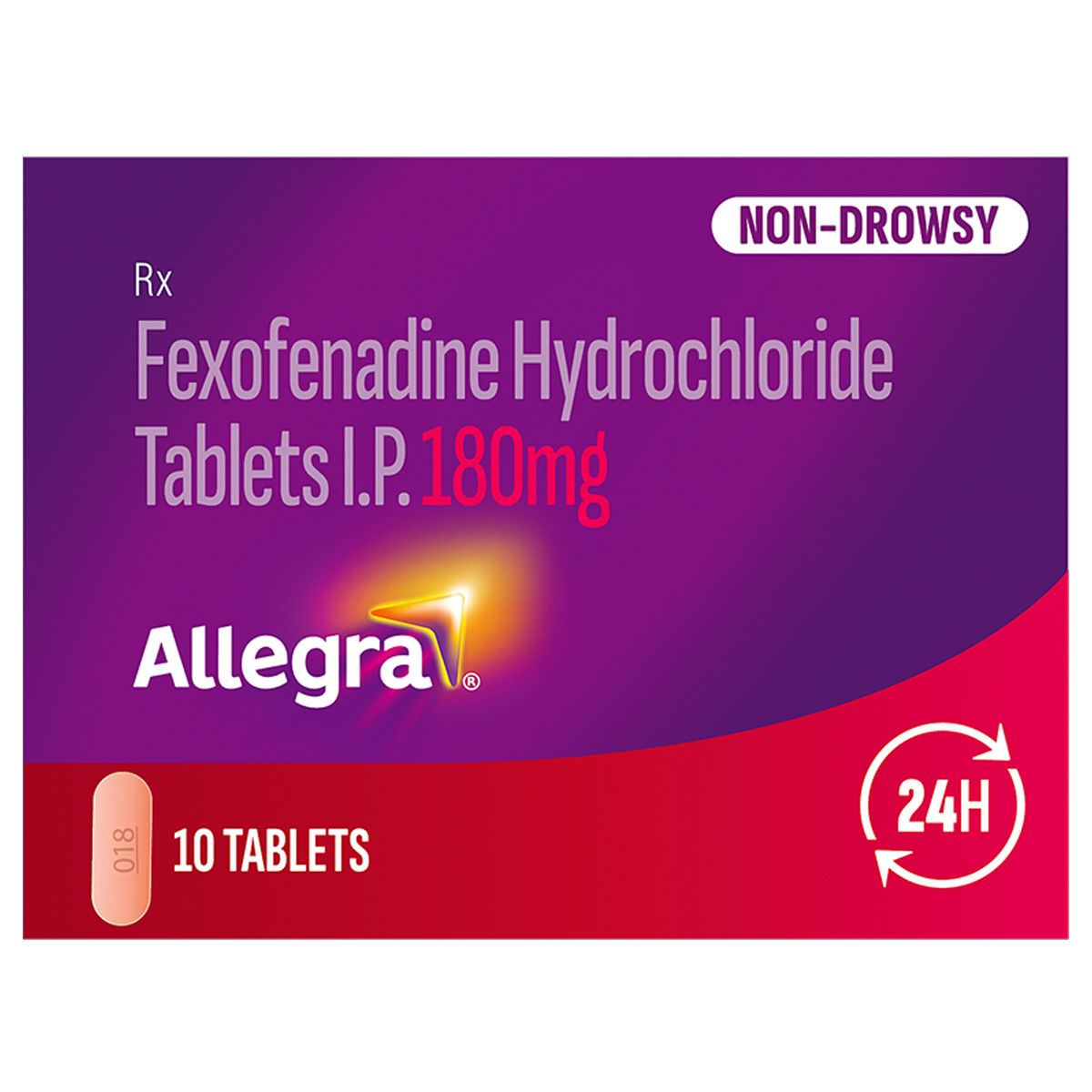 RX
RXAllegra 180 mg Tablet 10's
₹272.30
MRP ₹302.50
10% off
 RX
RXMonDeslor Tablet 10's
₹218.70
MRP ₹243
10% off
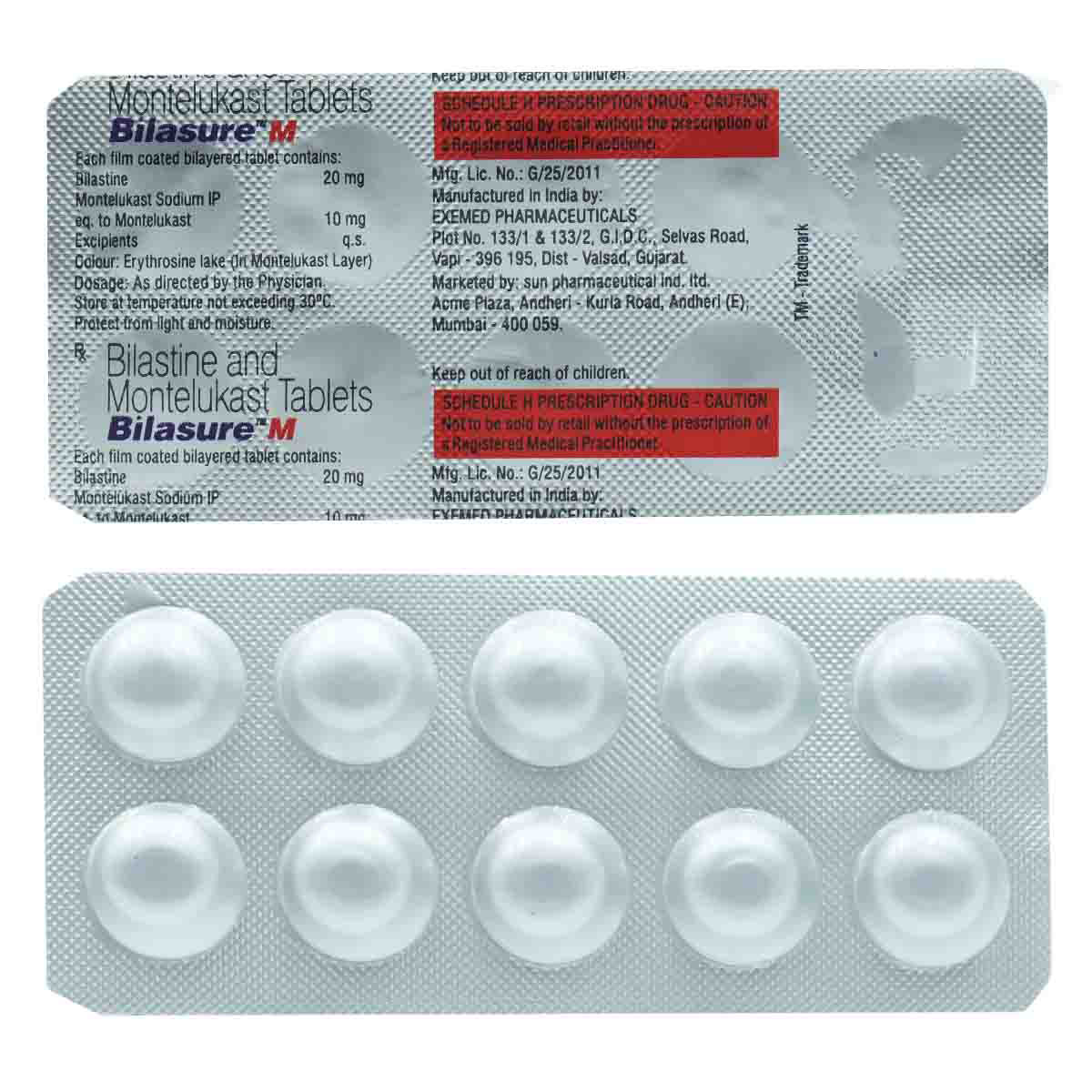 RX
RXBilasure M Tablet 10's
₹186.30
MRP ₹207
10% off
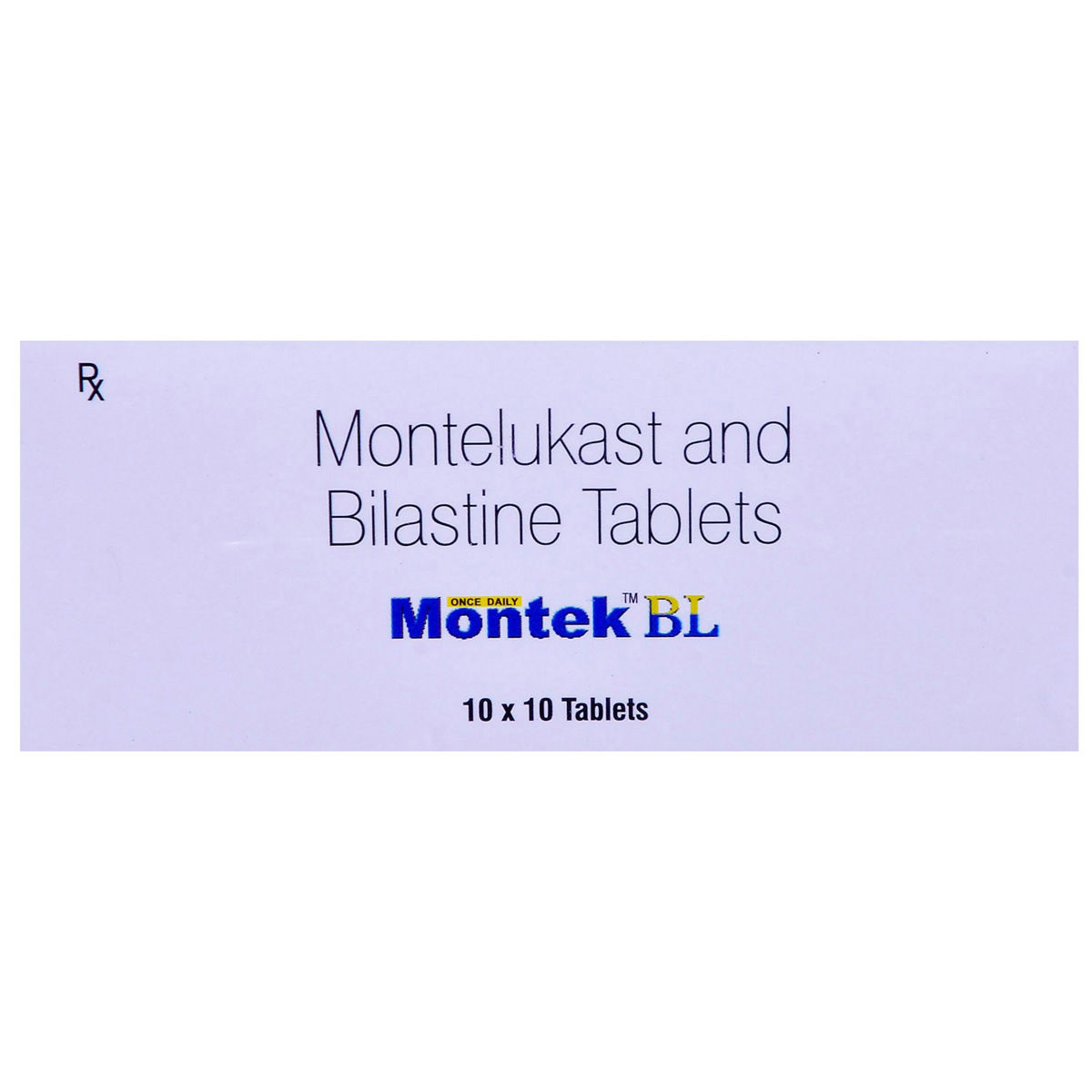 RX
RXMontek BL Tablet 10's
₹186.30
MRP ₹207
10% off
 RX
RXTelekast-L Tablet 15's
₹321.30
MRP ₹357
10% off
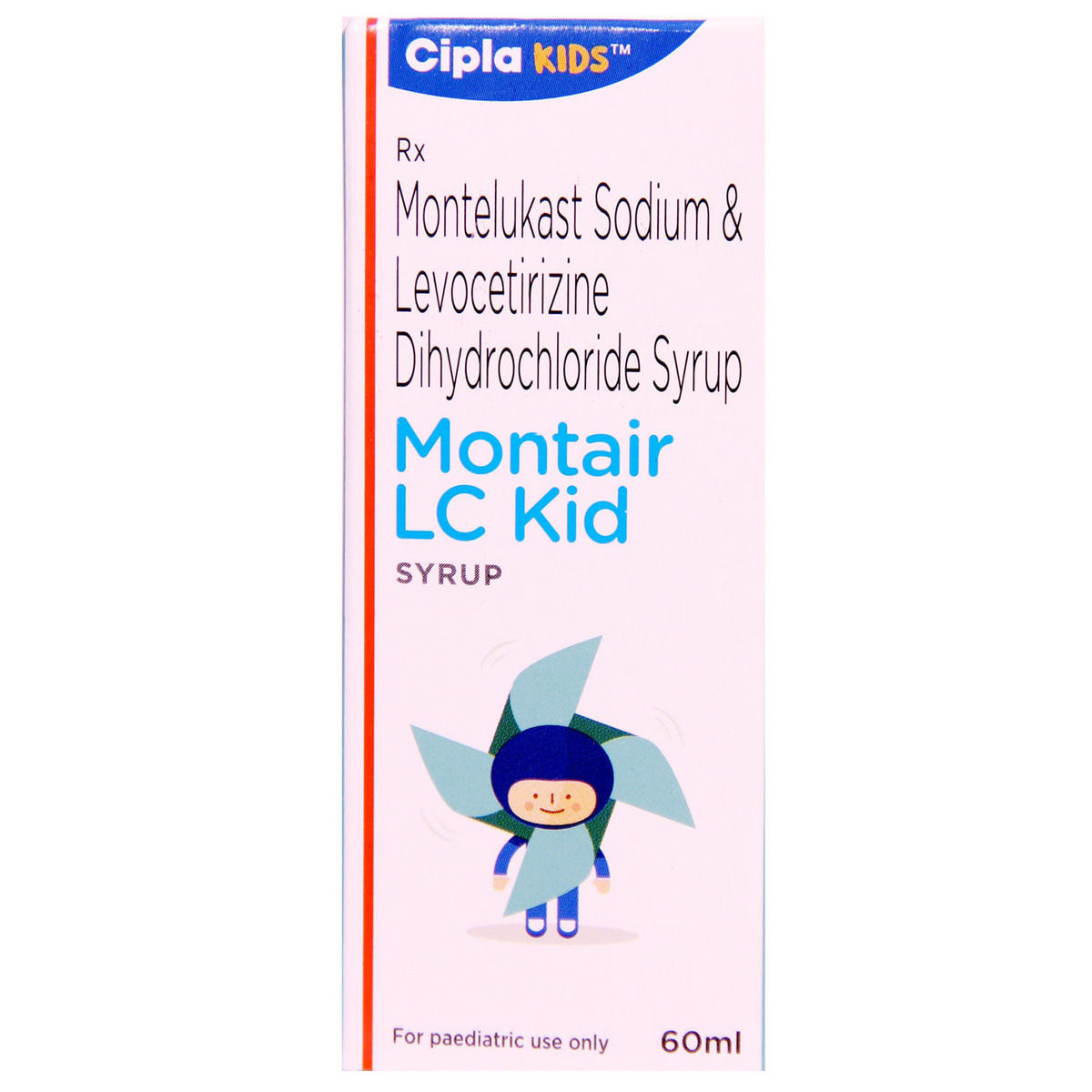 RX
RXMontair LC Kid Syrup 60 ml
₹138.20
MRP ₹153.50
10% off
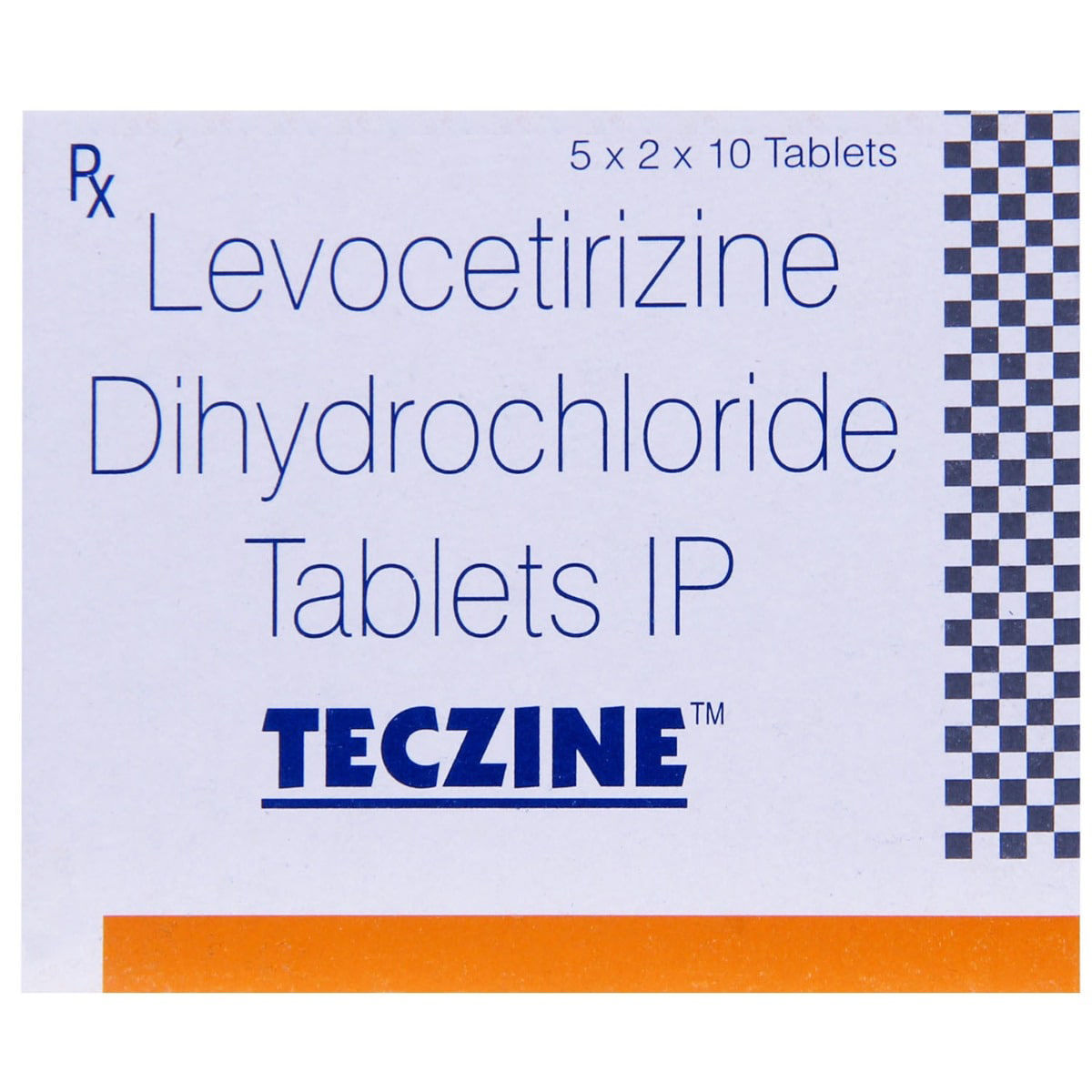 RX
RXTeczine Tablet 10's
₹82.80
MRP ₹92
10% off
 RX
RXXyzal Tablet 15's
₹196.20
MRP ₹218
10% off
 RX
RXDazit Tablet 15's
₹151.20
MRP ₹168
10% off
 RX
RXBilashine Tablet 10's
₹135.90
MRP ₹151
10% off
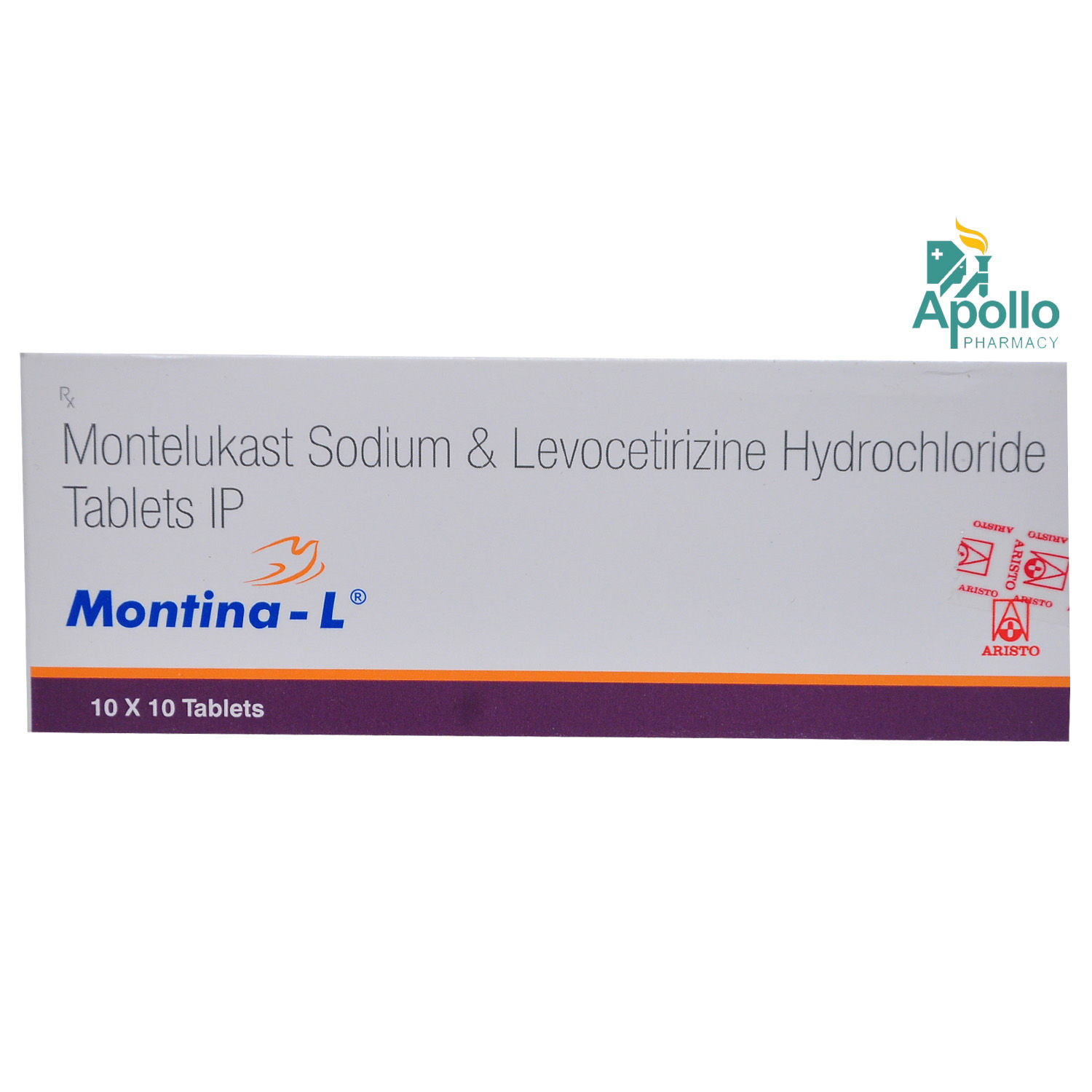 RX
RXMontina-L Tablet 10's
₹74.70
MRP ₹83
10% off
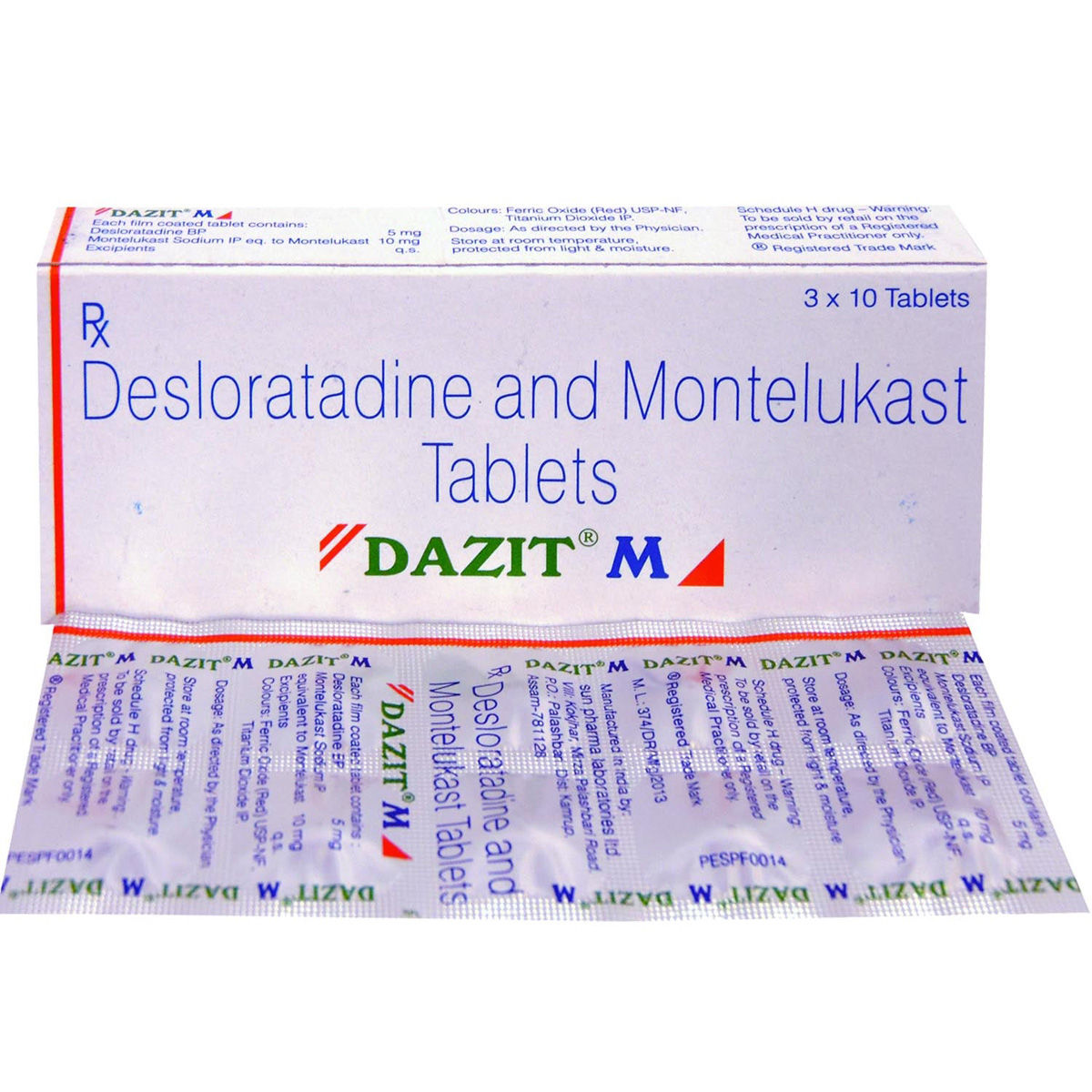 RX
RXDazit M Tablet 10's
₹218.70
MRP ₹243
10% off
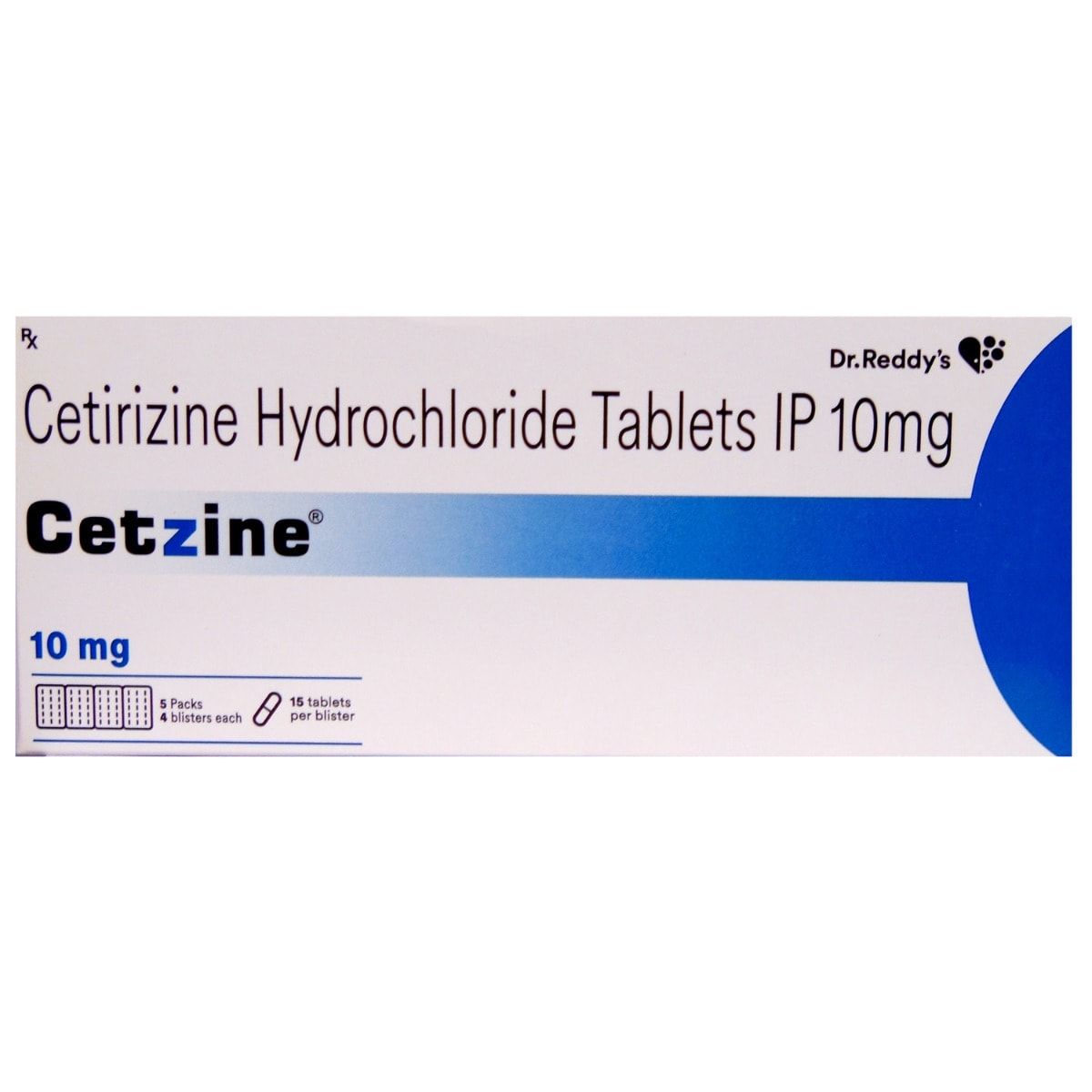 RX
RXCetzine 10 mg Tablet 15's
₹28.40
MRP ₹31.50
10% off
 RX
RXBilasure 20 Tablet 10's
₹149.40
MRP ₹166
10% off
 RX
RXL Montus Tablet 15's
₹310.50
MRP ₹345
10% off
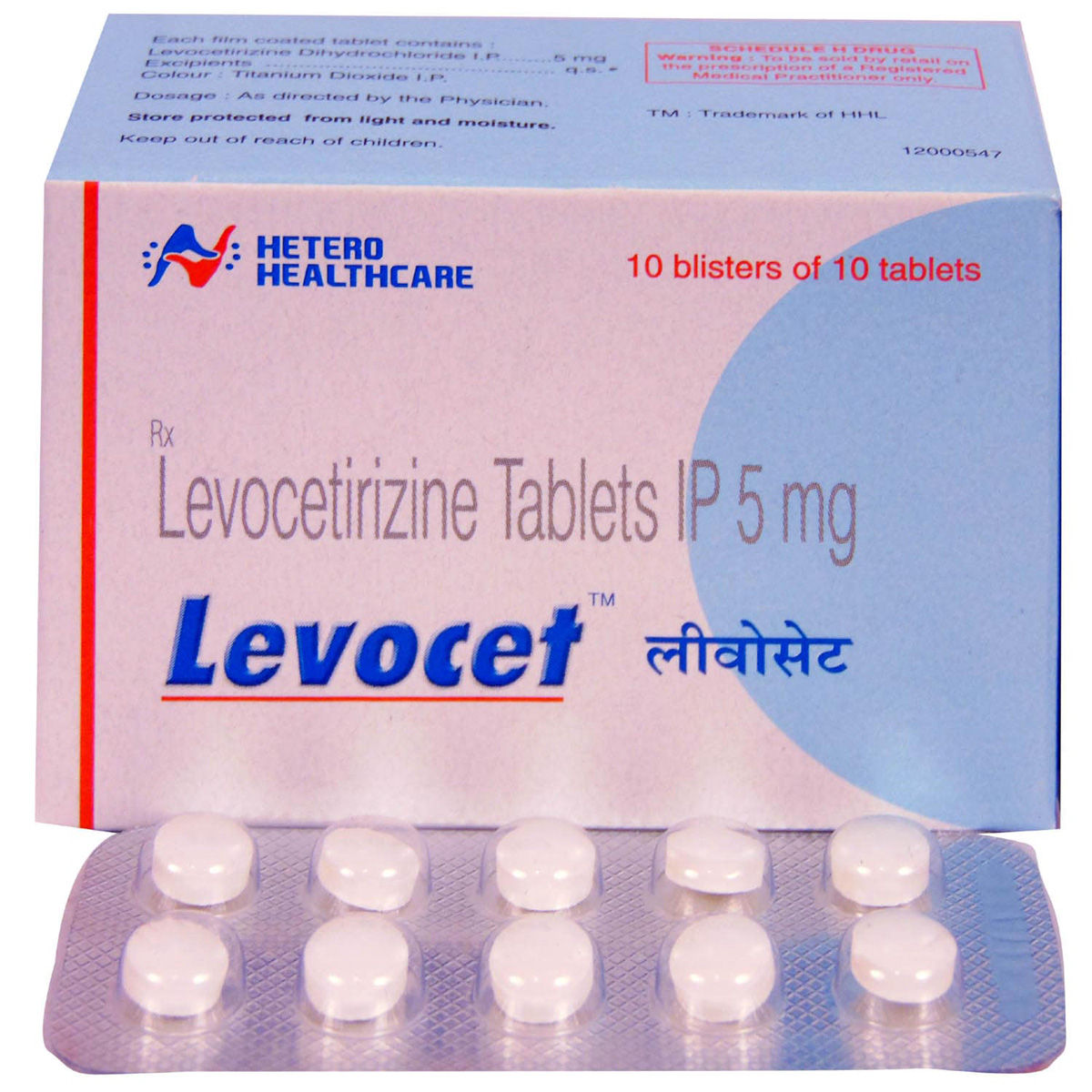 RX
RXLevocet Tablet 10's
₹46.40
MRP ₹51.50
10% off
 RX
RXMonticope Tablet 10's
₹98.60
MRP ₹109.50
10% off
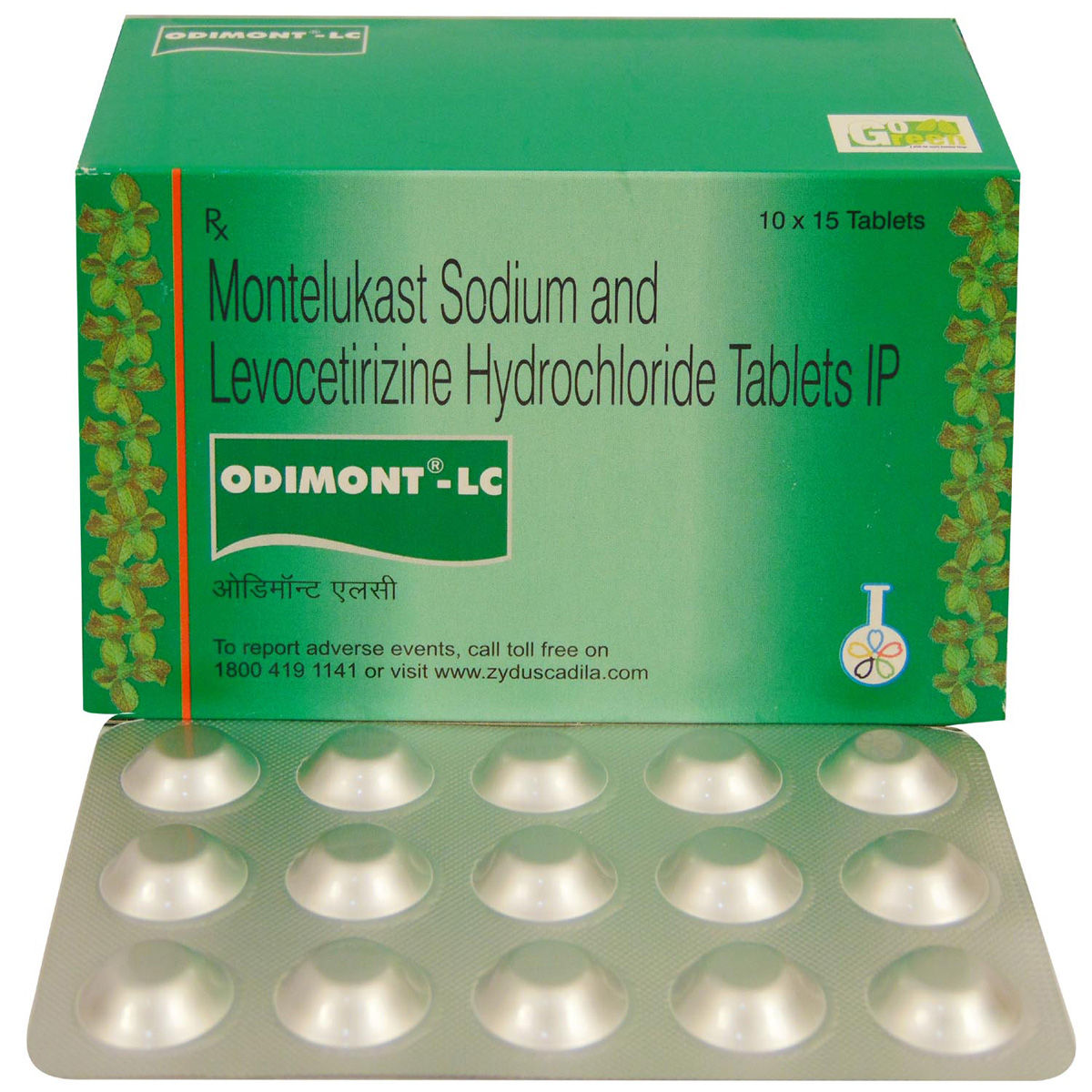 RX
RXOdimont-LC Tablet 15's
₹332.60
MRP ₹369.50
10% off
 RX
RXBilagra M Tablet 10's
₹207.50
MRP ₹230.50
10% off
 RX
RXTeczine 10 Tablet 15's
₹216.50
MRP ₹240.50
10% off
Medicines For Sinusitis
Sinusitis is an inflammation of the sinuses. It is a common condition affecting millions worldwide. This condition can occur due to infections, allergies, or environmental irritants, often leading to discomfort and frustration for those affected. Sinusitis can manifest in both acute and chronic forms, with symptoms such as nasal congestion, facial pain, headache, and a reduced sense of smell. In some cases, sinusitis may even cause fever or fatigue. There are a variety of medicines available to help manage and relieve the symptoms of sinusitis.
Types of Medicines Used for Sinusitis
Several categories of medications are commonly prescribed to alleviate the symptoms of sinusitis. Depending on the cause and severity of the condition, your doctor may recommend one or more of these medicines:
1.Antibiotics:
If a bacterial infection causes sinusitis, antibiotics may be prescribed. Common antibiotics used for sinusitis include amoxicillin, azithromycin, and doxycycline. These medications help target the bacterial infection, reduce inflammation, and prevent the condition from worsening.
2.Decongestants:
Decongestants work by shrinking the blood vessels in your nose, reducing swelling and opening up the sinuses. This helps relieve the blocked feeling and makes it easier to breathe. Over-the-counter decongestants, like Sudafed (pseudoephedrine) or phenylephrine, are usually used for short-term relief.
3.Nasal Steroid Sprays:
Nasal corticosteroid sprays, like fluticasone or mometasone, reduce inflammation in the nasal passages and sinuses. These medications can effectively treat chronic sinusitis by helping prevent swelling and congestion. They are typically used for extended periods and are often prescribed when other treatments do not provide sufficient relief.
4.Pain Relievers:
Over-the-counter pain medications, such as ibuprofen or acetaminophen, are often recommended to relieve the headache, facial pain, and pressure caused by sinusitis. These medicines help reduce inflammation and alleviate discomfort.
5.Saline Nasal Sprays and Irrigations:
Saline sprays or rinses help remove mucus and other irritants from the nose, clearing the sinuses and relieving the blocked feeling. They’re a gentle, non-medicated option that you can use regularly, especially if you have long-term sinus issues.
6.Antihistamines:
If your sinusitis is related to allergies, antihistamines may be recommended. These medications block the action of histamine, a substance in the body that is released during allergic reactions and contributes to inflammation. Antihistamines can help reduce symptoms such as nasal congestion, sneezing, and itching.
Benefits of Using Sinusitis Medicines
The primary benefit of using medications for sinusitis is the relief of symptoms, which can greatly improve your quality of life. Depending on the type of medicine, here are some key benefits:
- Symptom Relief: Medicines like decongestants, nasal sprays, and pain relievers can quickly and effectively relieve the discomfort caused by sinusitis. This can help you feel more comfortable and return to your daily activities.
- Reduction in Inflammation: Nasal steroids and antibiotics work to reduce inflammation in the sinuses, which is often the root cause of sinusitis symptoms. This can prevent the condition from worsening and potentially prevent future sinus infections.
- Prevention of Complications: In the case of bacterial sinusitis, using antibiotics as prescribed can help prevent the infection from spreading to other areas of the body or becoming chronic.
- Improved Nasal Function: Saline nasal sprays and irrigations help clear mucus from the nasal passages, improving airflow and drainage. This can enhance your ability to breathe and reduce the feeling of congestion.
- Reduced Need for Surgery: By keeping the condition under control, appropriate medication management can often reduce the need for surgical interventions, such as sinus surgery or endoscopic sinus surgery, for those with chronic sinusitis.
Dosage & Usage Instructions of Sinusitis Medicines
When using medicines for sinusitis, it's very important to follow your doctor’s instructions to ensure the medicine works properly and safely. Here are some simple guidelines for using common sinusitis medicines:
1.Antibiotics:
If prescribed antibiotics for bacterial sinusitis, you’ll usually need to take them for 10-14 days. It’s important to finish the entire course of medicine, even if you start feeling better before you’ve finished. Stopping early could cause the infection to return or make the bacteria more challenging to treat.
2.Decongestants:
Decongestants, like pseudoephedrine, should be taken exactly as directed on the packaging or by your doctor. They are often taken every 4-6 hours but should only be used for a few days to avoid worsening your congestion later.
3.Nasal Steroid Sprays:
Nasal sprays should be used as instructed, typically once or twice a day. Shake the bottle before each use and follow the instructions carefully to avoid irritation of the nose.
4.Pain Relievers:
Pain medications, like ibuprofen or acetaminophen, should be taken as recommended on the label. For example, ibuprofen is usually taken every 4-6 hours. Never take more than the recommended amount.
5.Saline Nasal Sprays and Irrigations:
Saline sprays and nasal rinses can be used several times daily, significantly when congestion worsens. They are safe to use for a long time since they don't contain any strong medications that could cause side effects.
6.Antihistamines:
Antihistamines should be taken as directed by your doctor or according to the product instructions. Some antihistamines come in pill form, while others are nasal sprays. Be sure to follow the recommended dosage.
Buy Medicines for Sinusitis or Sinusitis Medicines Online at Apollo 24|7
If you want a convenient and reliable way to purchase sinusitis medications, consider visiting Apollo 24|7. The online pharmacy offers various drugs, including antibiotics, nasal sprays, decongestants, and pain relievers, all available for home delivery. With its user-friendly platform, you can easily browse and buy sinusitis medicines from the comfort of your home.
Frequently asked questions
The choice of best medicine for sinusitis depends on its cause and severity. Antibiotics are effective for bacterial sinusitis, while decongestants, nasal steroids, and saline sprays may help with acute and chronic sinusitis symptoms.
The time it takes for sinusitis medicine to work varies. Antibiotics for bacterial sinusitis may take 2-3 days to show improvement, while decongestants and pain relievers can offer relief within a few hours.
Decongestants should only be used for short periods, typically 3-4 days. Prolonged use can lead to rebound congestion, which can worsen symptoms.
While medications are often necessary, natural remedies, such as saline nasal sprays, staying hydrated, inhaling steam, and applying warm compresses to the face, can also help alleviate symptoms.
While sinusitis may not always be preventable, you can reduce your risk by managing allergies, avoiding smoke and pollutants, and maintaining good nasal hygiene.
